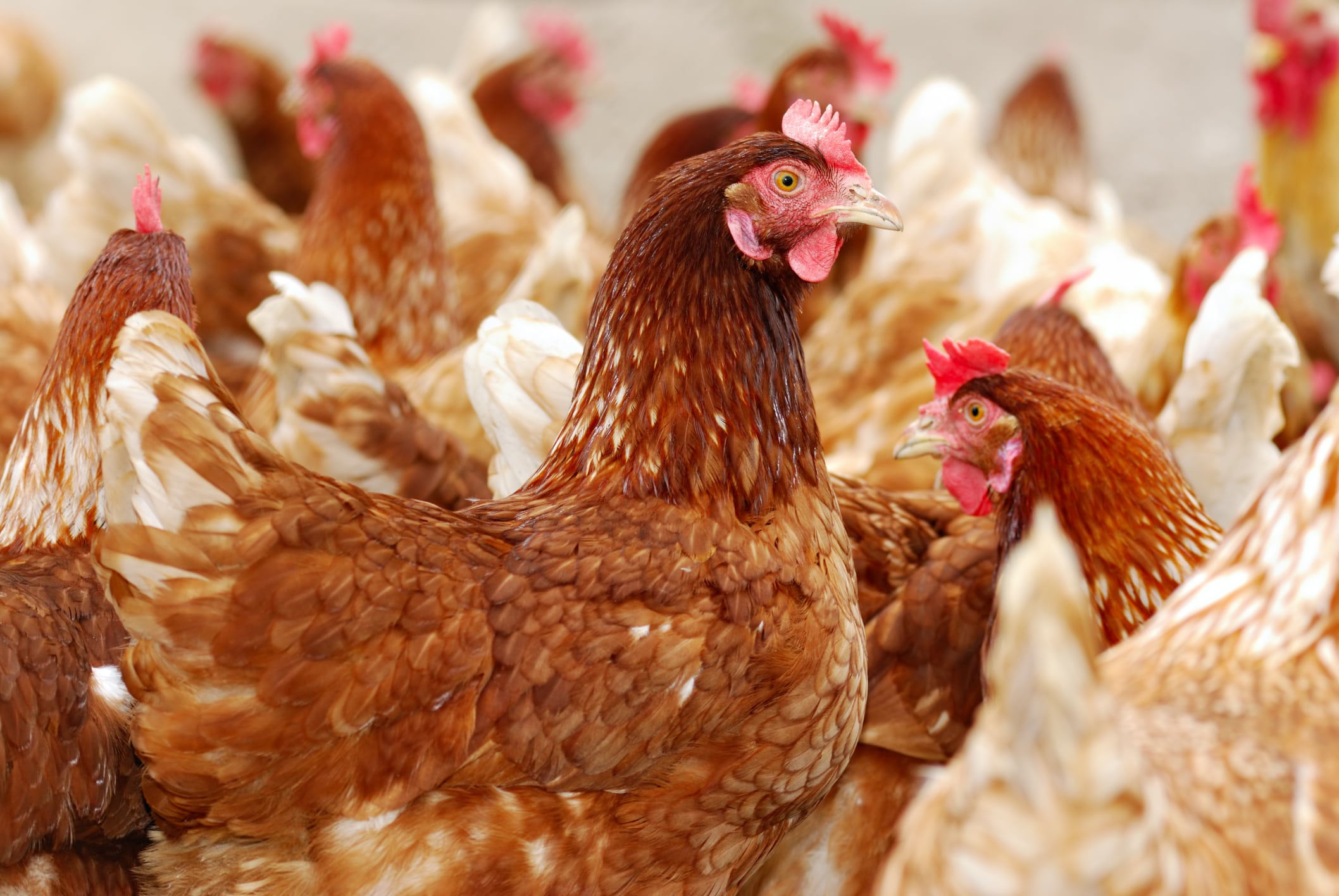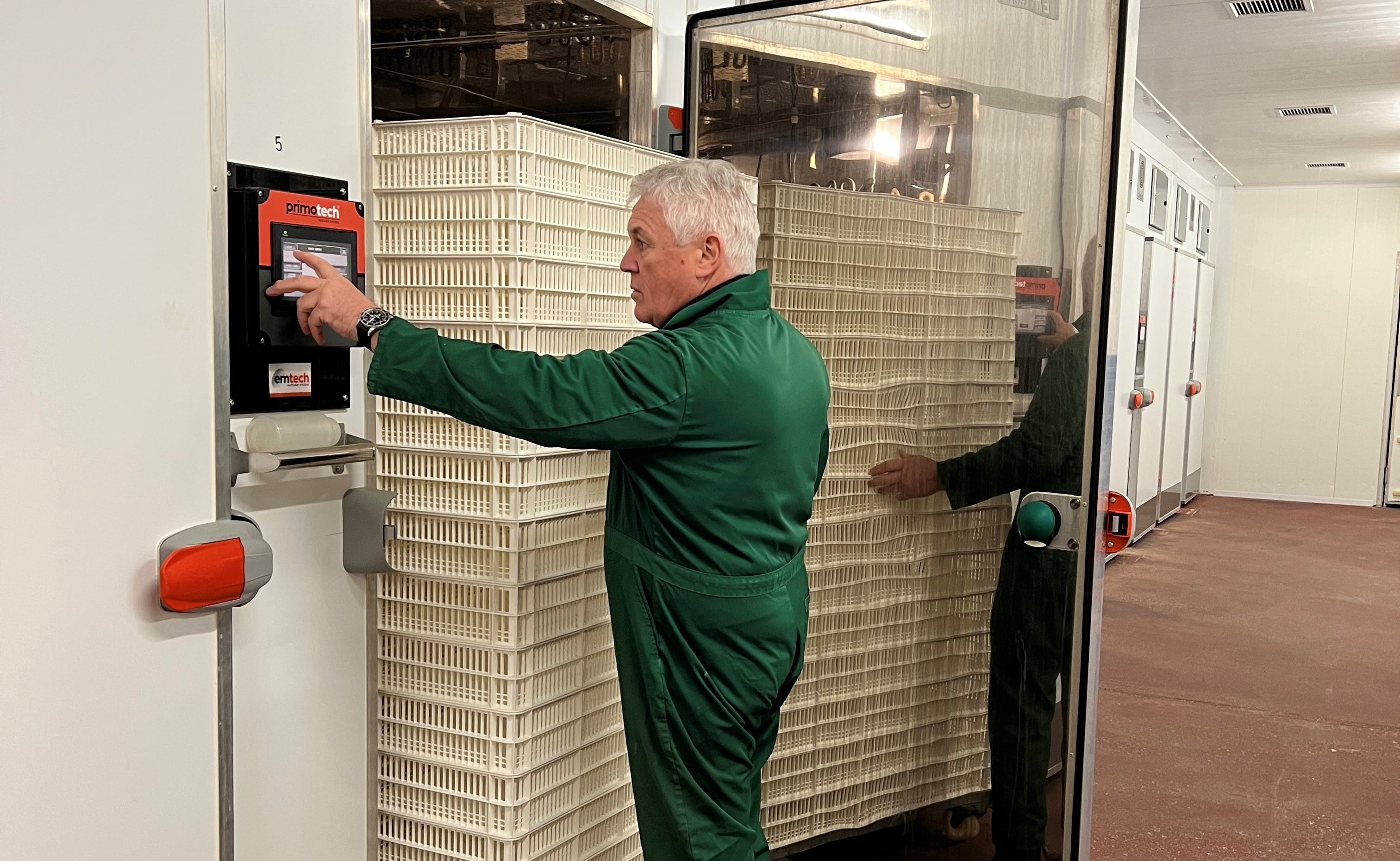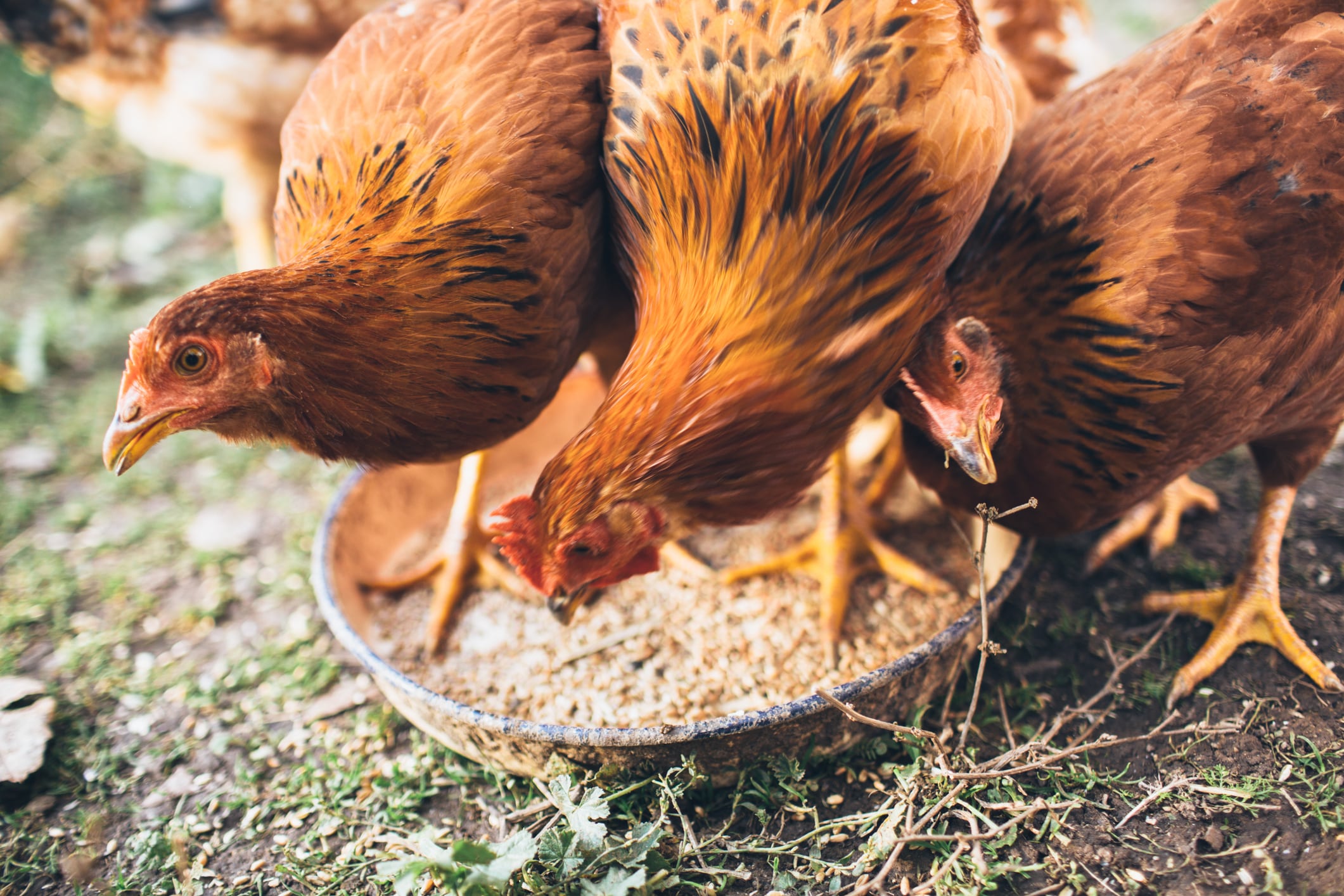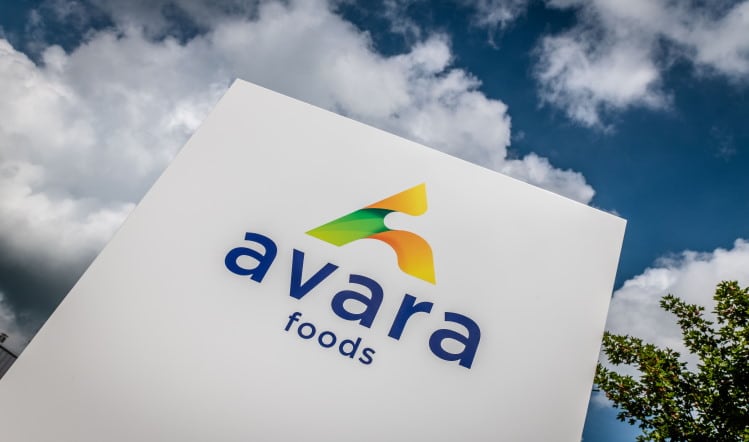Now, every broiler farm supplying Avara will operate at a density of 30kg per square metre, down from the previous Red Tractor standard of 38 kg per square metre.
Commenting on the change, incoming Avara CEO Chris Hall said: “Switching our programme to a lower stocking density is another step forward in quality and higher welfare with our customers, supplied here in the UK to standards shoppers can trust.
“Our retail customers have made a commitment and we know, through our insight, that consumers are increasingly interested in the welfare and sustainability credentials of the food they buy.
Remaining competitive
“That’s why it’s been important for us to carefully manage those requirements – improving welfare while reducing our environmental footprint, while recognising that our cost of production must remain competitive, here in the UK to protect food security for the public.”
The switch is part of a wider commitment by the majority of UK retailers to ensure their core range of fresh primary chicken came from birds reared at a lower stocking density.
Based on the experience of prior implementation on a number of trial farms throughout 2024, Avara expects its welfare performance to improve further, particularly in the assessment of behavioural welfare.
Having fewer birds on a farm should be a positive change for the farmer too, with more space in the houses making it easier to review flock health and identify issues early.
David Neilson, Avara’s agriculture director, added: “We’ve been achieving best in class welfare outcomes for a few years now, the drop in stocking density is an investment in bird welfare and we know all measurable areas of welfare will improve further.
Bird health
“Bird activity is a key indicator of health and, with more space, flocks are more active and display more natural behaviour traits. I also see this as a positive move for farmers, where they have more time and space to manage their flocks.”
By meeting the new standard, Avara hoped to provide better traceability and give UK produced chicken a level playing field versus imported poultry products.
“We already import almost half of the poultry we consume,” commented Hall. “Unless we value and protect our home-grown production, and the standards it represents, the risk is that we are more reliant on other countries, at a time when the global picture is rapidly changing.
“We have to be able to look after ourselves in an uncertain world, and food security, alongside energy and defence is critical to that.”
Meanwhile, a new report has laid bare the lack of progress by food businesses towards meeting the higher welfare requirements of the Better Chicken Commitment.





